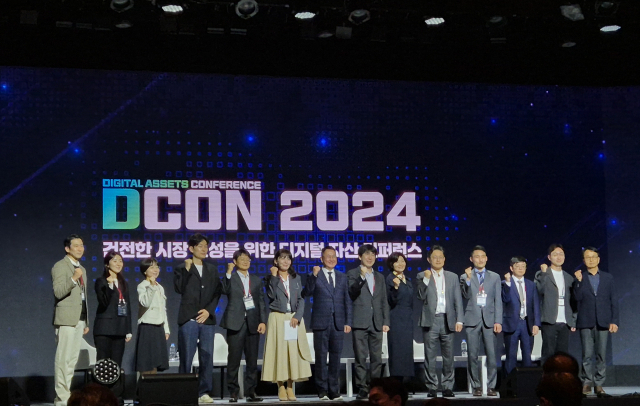
It was argued that the 'Kimchi Premium' should be resolved to enhance the competitiveness of the domestic virtual asset market. It is analyzed that allowing foreign investors to enter the domestic market can reduce price volatility and increase investor benefits. It is also argued that resolving the price difference between domestic and overseas markets is necessary for the smooth trading of BTC spot exchange-traded funds (ETFs) in the future.
Seo Hee-han, a lawyer at Barun Law Firm, said this at the 'Digital Asset Conference (DKON)' held at the Shilla Hotel in Jung-gu, Seoul on the 13th. The lawyer pointed out that "after the implementation of the Special Financial Information Act (Special Finance Act) in 2021, the use of domestic virtual asset exchanges by foreigners was prohibited, exposing Korean investors to high price volatility (due to the Kimchi Premium)." The Kimchi Premium refers to the phenomenon where virtual assets traded in Korea are more expensive than overseas. He emphasized that "by allowing the entry of foreign and overseas institutional investors into the domestic market, the price difference can be resolved and foreign exchange earnings can also be generated."
Related Articles
- Dunamu upgrades the market surveillance system of Upbit... Added function to monitor market trends
- Upbit's 'Coin Collection' investment amount exceeds 15 billion won
- Upbit makes it easier to cancel orders... Unveils new features through the lab
- "Concerns about concentration of funds in Upbit and bank run"... Finally hampered by the opposition and authorities [Signal]
It was also argued that the Kimchi Premium should be resolved first for BTC ETFs to be traded smoothly in Korea. The lawyer said, "For BTC ETFs to circulate, there should be no price difference with overseas products," and "If a price difference occurs, investment demand may concentrate on relatively cheaper overseas ETFs." He also suggested "reviewing a plan for overseas institutional investors to procure BTC in Korea and set up ETFs."
Kim Jae-jin, the standing vice chairman of the Digital Asset Exchange Association (DAXA), also agreed on the need to allow investment by foreigners and overseas corporations. The vice chairman said, "The United States and Europe do not restrict foreign trading," and "Non-resident foreigners in Korea, as well as resident foreigners, have difficulty opening real-name bank accounts, which restricts their use of exchanges." He added, "This has isolated domestic operators from overseas markets," and "If there are concerns about customer identification (KYC) of overseas corporations, the industry will also seek solutions together."
- Choi Jae-heon, reporter
- chsn12@decenter.kr
< Copyright holder ⓒ Decenter, Unauthorized reproduction and redistribution prohibited >







